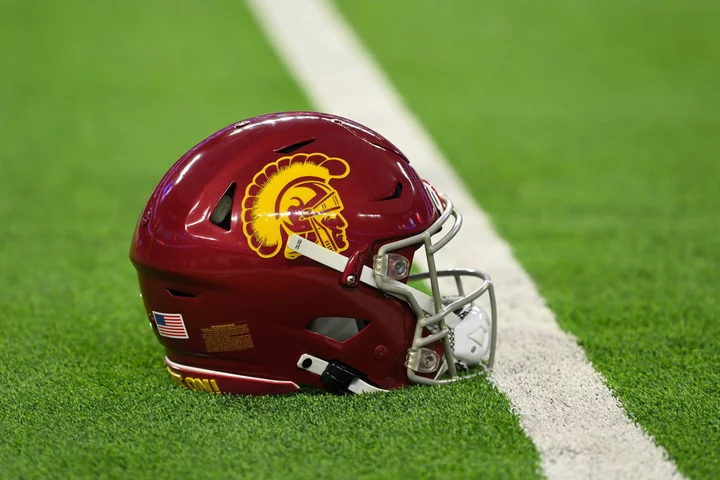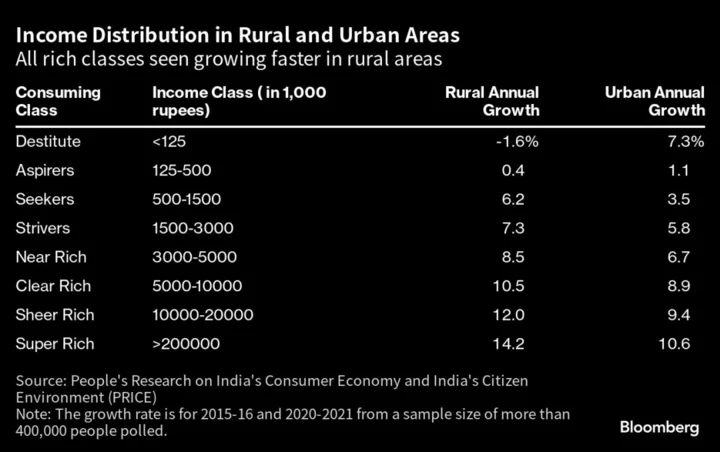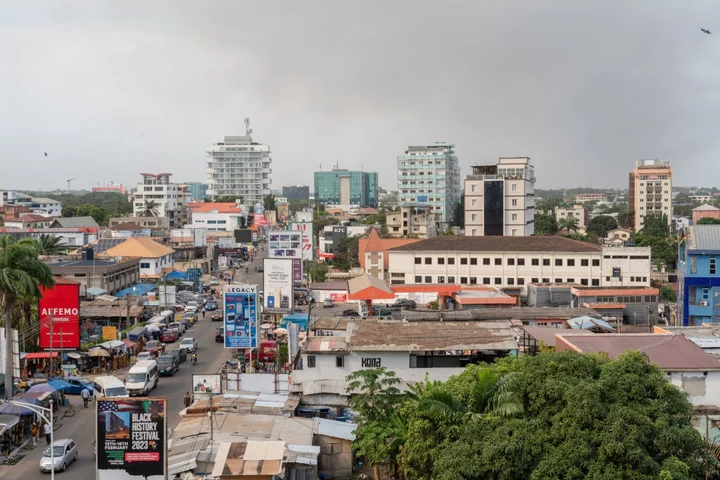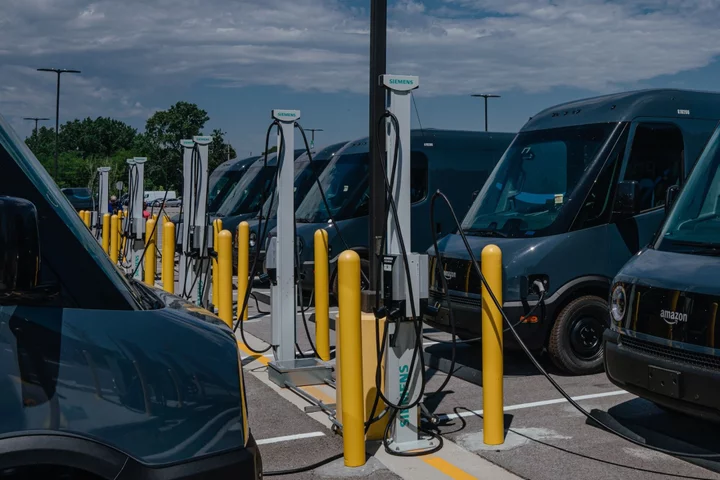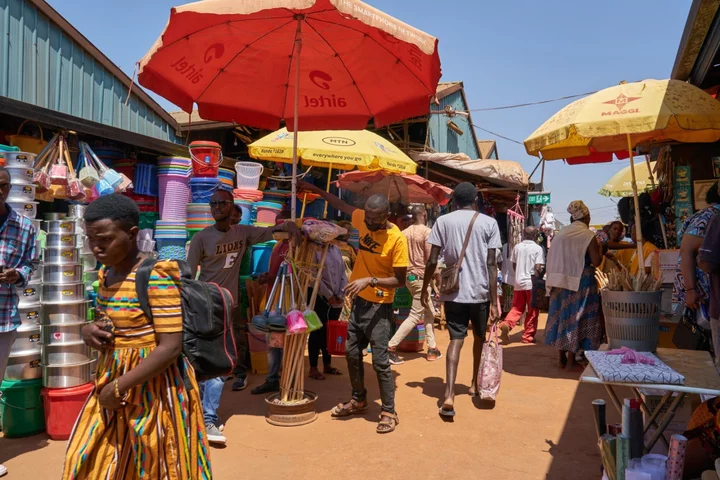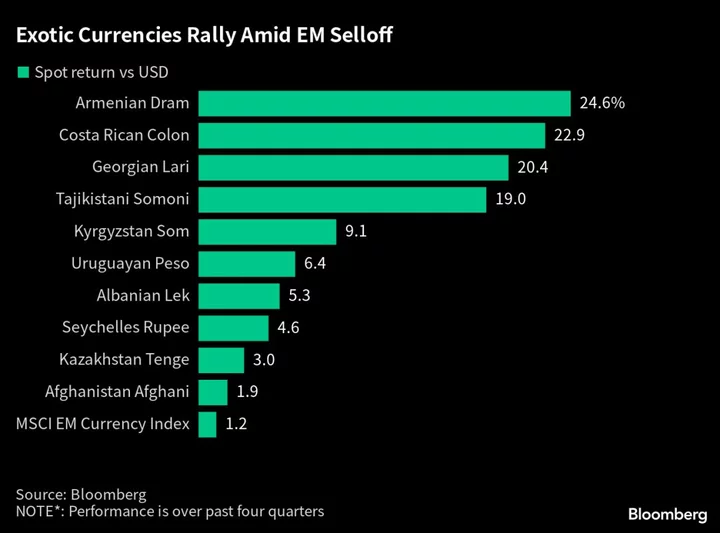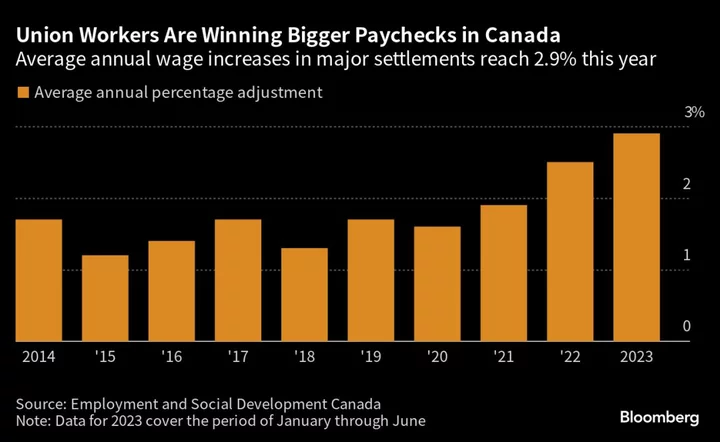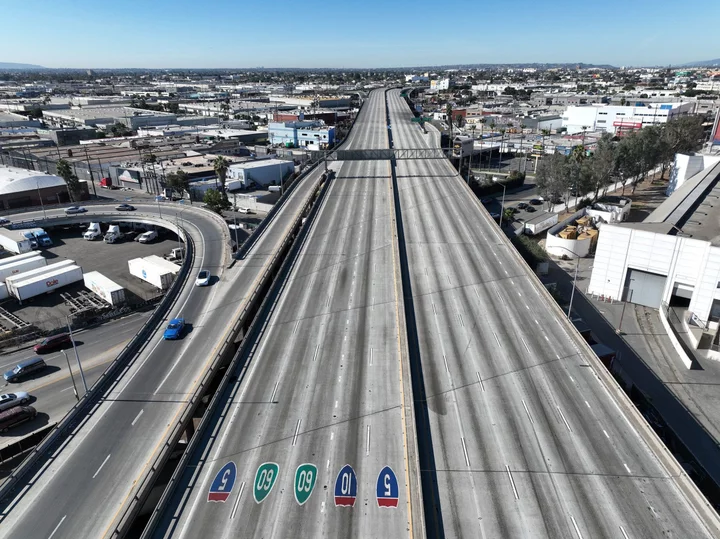The University of Southern California’s rules about student athletes’ media interviews and social media posts violated federal labor law, US labor board prosecutors alleged in a complaint.
In a Thursday filing on behalf of the general counsel of the National Labor Relations Board, a regional director of the agency wrote that USC’s football and basketball players are in fact workers covered by labor law, and that the National Collegiate Athletic Association, the Pac-12 Conference, and USC are each legally employers of those athletes, despite the organizations’ insistence otherwise.
The complaint accuses the NCAA, Pac-12, and USC of misclassifying the players as non-employees “to intentionally deprive the players of their rights” under federal law.
The complaint also alleges that USC violated student athletes’ rights by maintaining rules in its handbook instructing them to “be positive” and “smile” when being interviewed by the media, and rules regarding what they post on social media.
USC tells players not to “post anything that would embarrass USC, your team or your family,” according to the complaint, which was obtained via the Freedom of Information Act. Its social media guidelines also say that “inappropriate and offensive” behavior online could include sharing information regarding “student-athlete injuries and eligibility status,” the complaint says.
USC said it is “looking forward to presenting the complete facts” when the allegations are considered at a hearing. “These facts, along with 75 years of precedent, establish that our student-athletes – including those on our football and basketball teams – are not employees,” the school said in an emailed statement.
“The complaint issued by the Region today appears to be driven by a political agenda and is the wrong way to help student-athletes succeed,” NCAA spokesperson Tim Buckley said in a separate emailed statement. “Many student-athletes are earning real money in today’s world of college sports while also earning a college degree worth hundreds of thousands of dollars.”
Complaints issued by NLRB prosecutors are heard by agency judges, whose rulings can be appealed to the NLRB members in Washington, and then to federal court. The agency has the authority to order employers to change illegal policies, though not to fine them punitive damages.
Federal labor law protects the right of employees to communicate about their working conditions, as well as to unionize. So the USC case could ultimately lead to a watershed ruling by NLRB members in Washington, where Democrats with pro-labor backgrounds now hold a majority, ordering the college organizations to stop deeming their players mere “student-athletes,” and opening the door for some to petition to unionize and collectively bargain.
The NLRB’s general counsel, Joe Biden appointee Jennifer Abruzzo, said in a January interview that the NCAA, Pac-12, and USC together “control a significant number of hours of the day, where the players are required to do any number of things outside of any academic involvement. There’s an extreme amount of control over the number of practices, their schedules, where they live, and what they can do.”
(Updates with NCAA comment in seventh paragraph)

